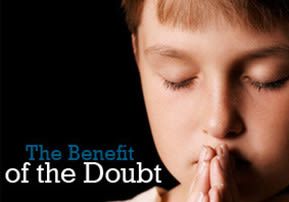
The Benefit of the Doubt
Rebbe Nachman of Breslev teaches that by judging a wicked people fairly, in other words, by giving them the benefit of the doubt, we trigger a spiritual...

Yom Kippur – Benefit of the Doubt
"We have spoken faulty things!" (Dibarnu dofi, from the "Vidui," the confession said during each portion of the Yom Kippur prayer service).
The Torah commands us to judge our fellow human fairly, in other words, to grant him or her the benefit of the doubt, for it is written, "With righteousness shall you judge your fellow" (Vayikra 19:16). If we see that our neighbor has positive attributes and faults, then we should avoid speaking about the faults and concentrate on the positive attributes. Indeed, we should even search for positive aspects within our neighbor's faults.
Rebbe Nachman of Breslev teaches (Likutei Moharan I:282) that by judging a wicked people fairly, in other words, by giving them the benefit of the doubt, we trigger a spiritual process that enables them to repent.
Is Rebbe Nachman's advice really practical?
On Yom Kippur, we confess dibarnu dofi, namely, that we have spoken faulty things about our fellow humans. At a superficial glance, something seems wrong with this part of the Vidui, the confession of our sins. Maybe the "faulty things" that we spoke about another person were 100% true! What if he or she actually did something wrong, such as willfully transgressing the laws of Torah? Are we expected to lie on Yom Kippur, in order to enable them to repent? With Hashem's loving assistance, let's answer this question with the following parable:
Twice a year, the provincial fair took place in the commercial city of Berditchev. For a small village peddler from a place like Zmerinka, the expense of the trip wasn't justified. The small peddlers and merchants therefore paid a commission to the big dealers and the large-volume wholesalers to bring them back merchandise from the fair.
Yankele was a "shmatta" (rag) peddler. His creaking old wagon and his aging dapple-gray draft mare were a familiar sight in the area villages, where Yankele would peddle odd strips of felt and fabric. Thanks to Hashem's infinite mercy, he had a wonderful year, selling almost all of his stock. He badly needed some new fabric for the coming season. He approached Goldman the fabric wholesaler and asked him to purchase two entire rolls of Polish wool fabric from Berditchev; the handsome commission he was prepared to pay was still ten times cheaper than the cost of the trip. As such, both Goldman and Yankele were pleased with the deal.
"One thing," Goldman said. "I can buy Hungarian wool for a cheaper price than Polish wool; it's more durable too. The Polish wool frays and loses its color after one wash…"
"I don't care," said Yankele. "Here," he counted out two hundred twenty rubles in cash, "Is 200 rubles for the goods and 20 rubles for your 10% commission. Bring me exactly what I want – Polish wool – nothing else!" he said emphatically.
At the fair, Goldman went straight to Taikovsky, the area's largest importer and exporter of fabrics. Among his long list of requested goods, were 2 rolls of Polish wool for Yankele back in the village of Zmerinka.
"Goldman, I'm amazed at you," said Taikovsky. "The Polish wool is expensive, and it's not worth the price; it frays, dulls, and tears. Why don't you bring your customer Hungarian wool – it's 20% less money and double the quality."
"I get paid a commission to supply my customers exactly what they want," said Goldman in defense of himself.
Taikovsky smirked, "You mean that you'll knowingly sell garbage for a commission?"
'This is not garbage in my customer's eyes," answered Goldman, "it's exactly what my customer wants, and that's exactly what I shall bring him!"
* * *
Yankele wanted Goldman to supply him with Polish wool. In like manner, Hashem wants us to look for a way to judge even a wicked person fairly. Even if the "fabric" – the wicked person – seems faulty, a fair judgment and the benefit of the doubt are exactly what the Torah orders. If so, we are honor-bound to supply the goods.
Rebbe Nachman of Breslev explains that by finding a good point in a wicked person, the latter is spiritually elevated and induced to do teshuva. When a wicked person becomes a baal teshuva, the world becomes a better place. When we help make the world a better place, we all attain full atonement of our own wrongdoings on Yom Kippur, for when we judge others fairly and leniently, Hashem judges us like manner. It pays to give our neighbor the benefit of the doubt. May Hashem inscribe and sign all of Israel in the Book of Life for a happy and healthy New Year, amen.


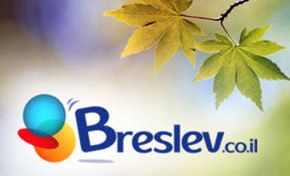
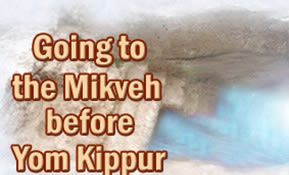
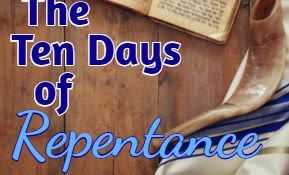
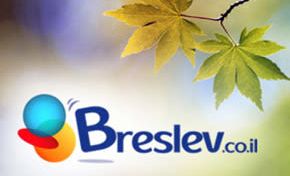
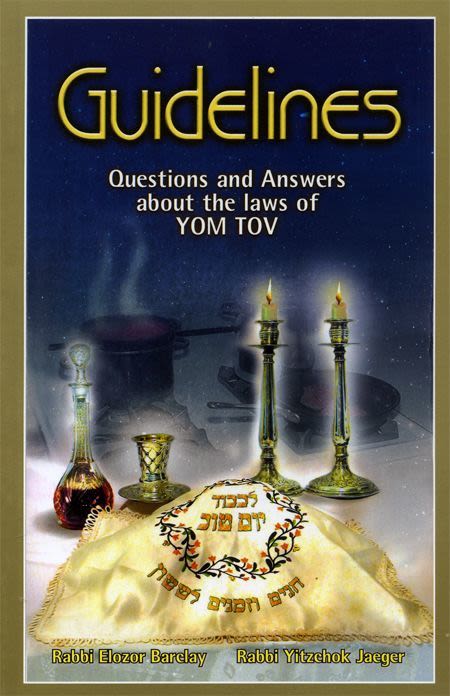
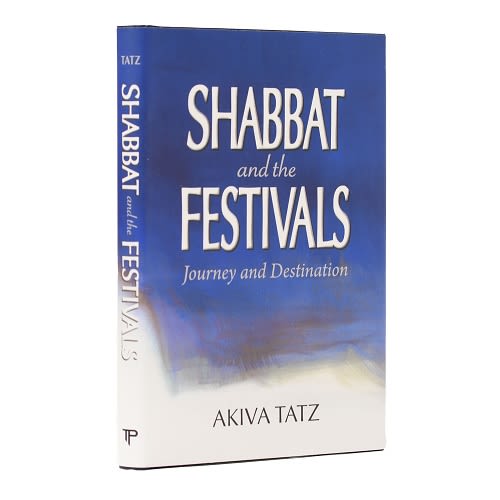
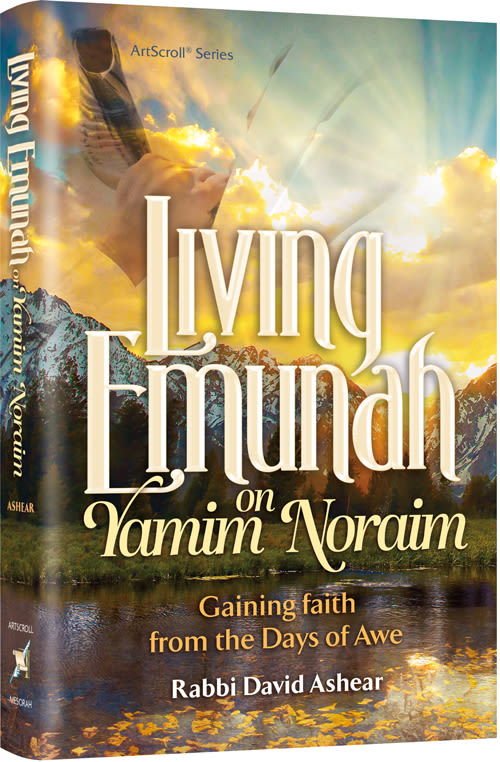
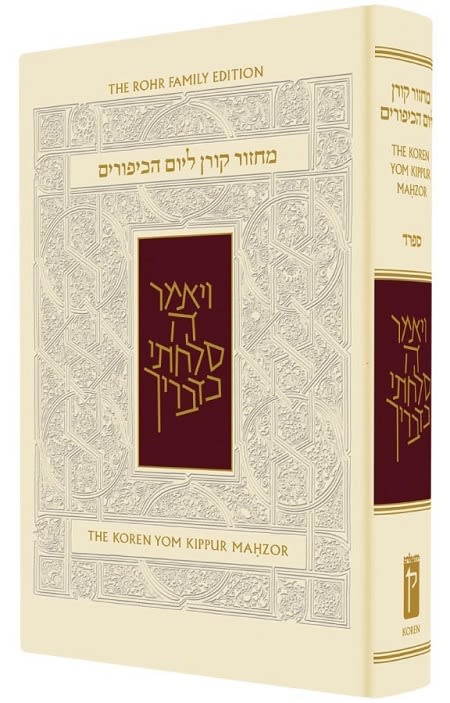
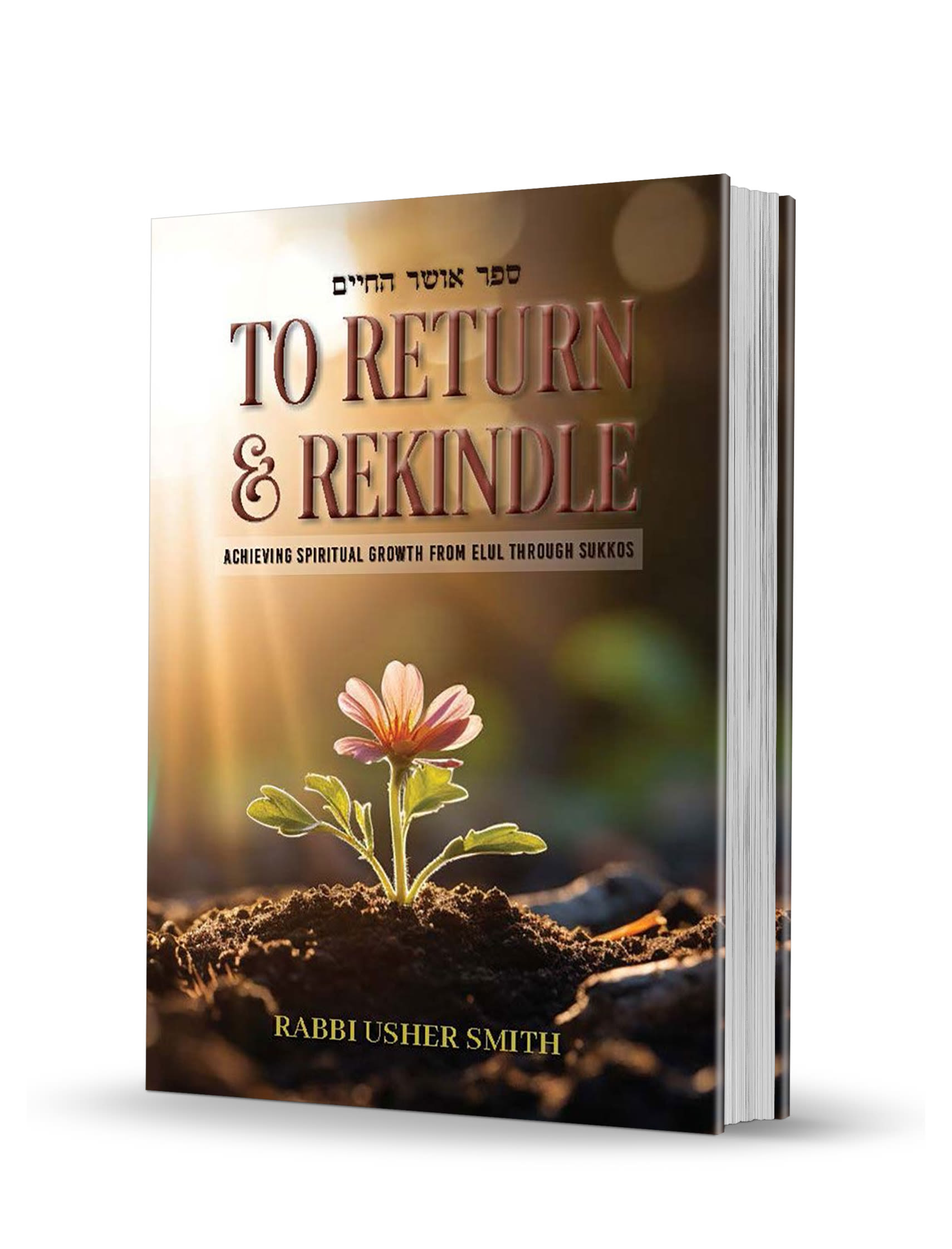
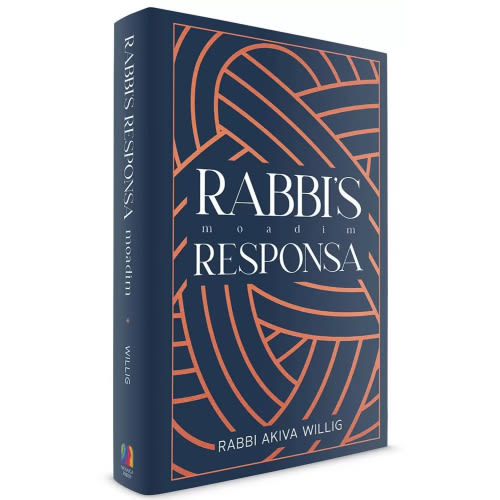
Tell us what you think!
Thank you for your comment!
It will be published after approval by the Editor.